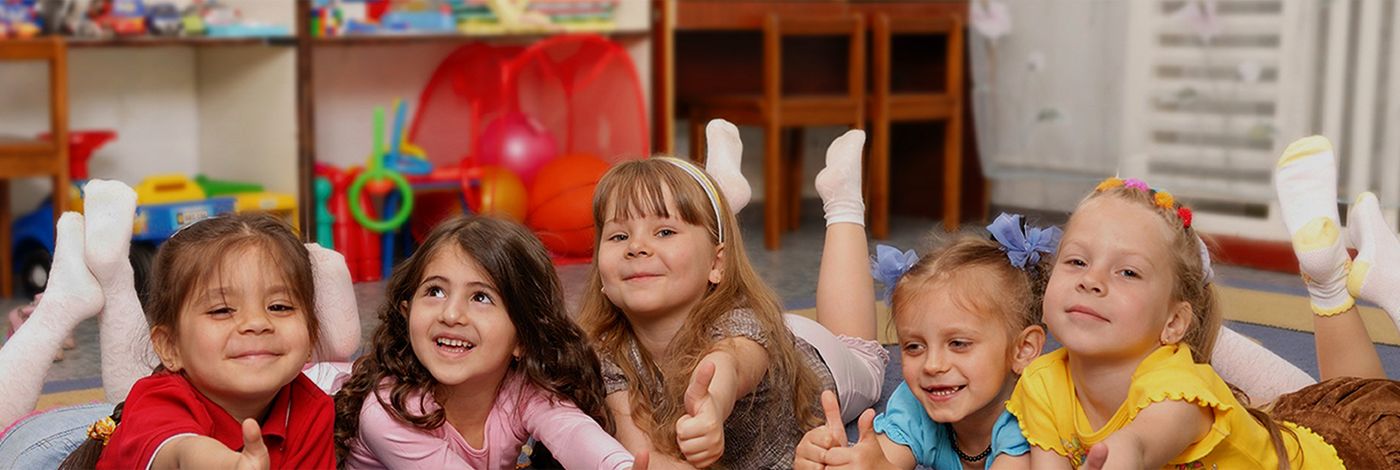Investing in early childhood education is more than a way to support young learners—it is also a proven strategy to strengthen communities and economies. By focusing on the earliest years of development, families and policymakers can unlock measurable long-term financial benefits. From preparing children for academic success to reducing social costs later in life, the value of these programs extends far beyond the classroom.
Building a Stronger Workforce
High-quality early learning programs help children build foundational skills in literacy, numeracy, and problem-solving. These skills are critical for future educational success and career readiness. When children start school with a strong foundation, they are more likely to graduate, pursue higher education, and enter the workforce with valuable skills. This creates a stronger labor pool, driving innovation and productivity across industries. Employers benefit from a more capable workforce, and society gains from increased economic growth.
Reducing Social and Economic Costs
Early childhood education also lowers the likelihood of negative social outcomes, including crime, unemployment, and reliance on public assistance. By giving children the tools to thrive, these programs reduce the need for costly interventions later in life. According to the Heckman Equation, every dollar invested in high-quality early learning can return between $4 and $9. This return comes in the form of lower healthcare expenses, fewer criminal justice costs, and a reduced demand for government aid programs. Simply put, the earlier the investment, the greater the financial savings for communities and taxpayers alike.
Supporting Families and Communities
Beyond individual outcomes, early learning programs provide economic benefits for families and communities. Parents who have access to reliable early education options can pursue careers or additional education, boosting household income and long-term stability. Communities also thrive when families are financially secure and able to contribute to local economies. These ripple effects highlight how early learning serves as both a personal and public good.
The financial benefits of early childhood education are clear. By preparing children for success, reducing future social costs, and supporting family stability, these programs create lasting value for individuals and society. For policymakers, educators, and families alike, investing in early learning is not just a matter of educational equity—it is a sound financial strategy with returns that strengthen entire communities. If you are looking for quality early learning programs, contact Washington Early Childhood Network today!





